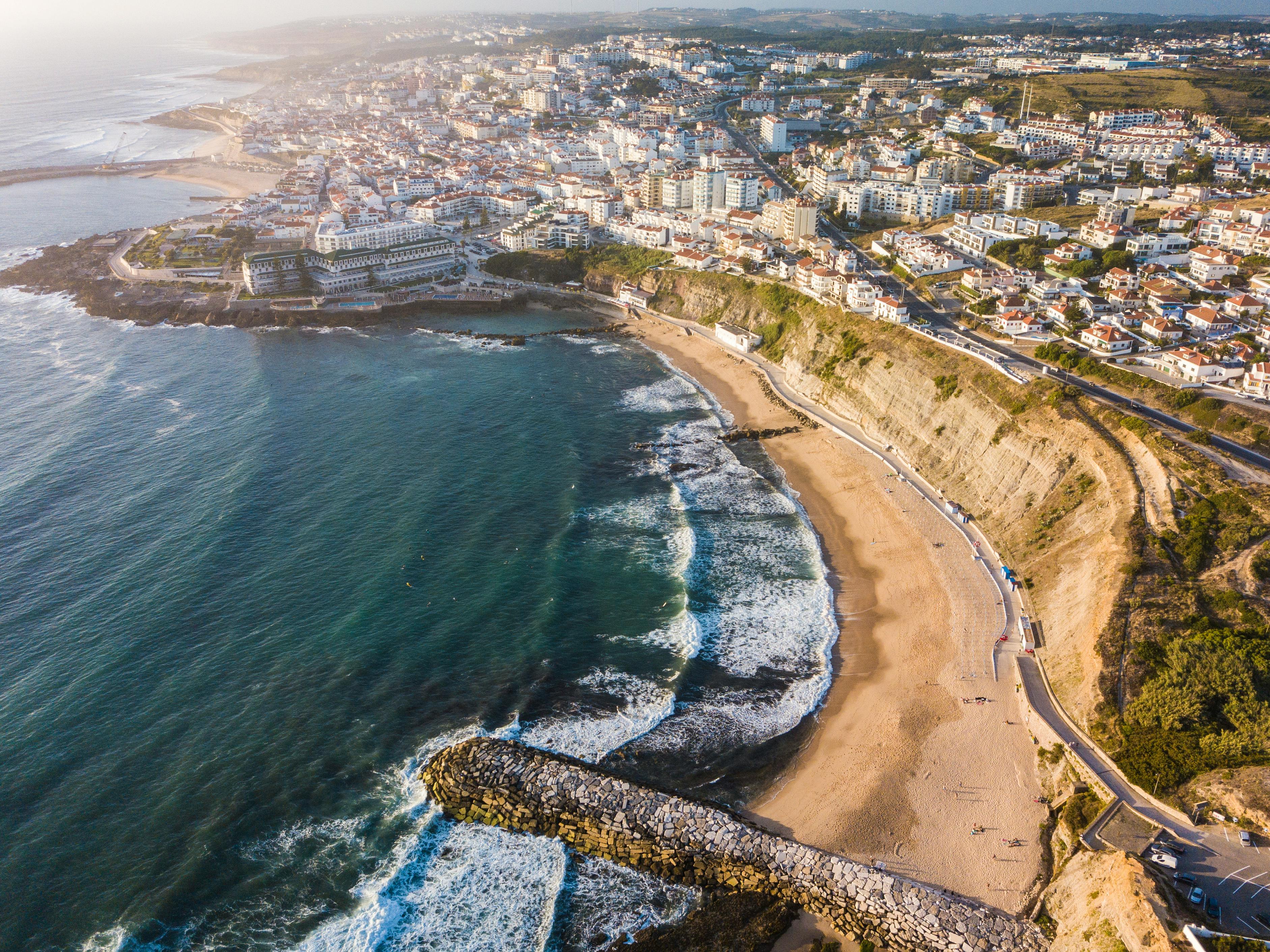Retiring in Spain: Clock Ticking on Tax Perks?

- Remove the current class from the content27_link item as Webflows native current state will automatically be applied.
- To add interactions which automatically expand and collapse sections in the table of contents select the content27_h-trigger element, add an element trigger and select Mouse click (tap)
- For the 1st click select the custom animation Content 27 table of contents [Expand] and for the 2nd click select the custom animation Content 27 table of contents [Collapse].
- In the Trigger Settings, deselect all checkboxes other than Desktop and above. This disables the interaction on tablet and below to prevent bugs when scrolling.
Retiring in Spain has become a popular choice for many, but before taking the leap it's essential to consider the paperwork, (possibly) the post-Brexit economic landscape, and the potential impact of changing tax policies, which could significantly influence the financial aspects of relocating to Spain.
The Non-Lucrative Visa remains the most common route for non-EU retirees, including UK nationals, but recent legislative proposals—particularly around foreign property ownership—suggest that the window for favorable conditions may be narrowing.
Spain Retirement Visa: What’s in Place
Spain’s Non-Lucrative Visa allows non-EU citizens to reside in the country without engaging in professional activity. It requires proof of sufficient financial means—€28,800 annually for individuals, with increments for dependents—as well as private healthcare coverage and a clean criminal record.
While often referred to in casual terms as the Spain Retirement Visa, its requirements are rigorous and aligned with similar long-stay residence permits across Europe.
For UK citizens, this is the default path since Brexit. The recent changes in freedom of movement between the UK and the EU has changed how retirees relocate from the UK to Spain. The application is submitted through Spanish consulates in the UK and involves criminal record checks, financial documentation, and an in-country residency card process upon arrival.
How Much Does It Cost to Retire in Spain?
Most retirees in Spain can live comfortably on €1,800–€2,500 per month, depending on location and lifestyle. In coastal areas like Málaga or Alicante, rent usually ranges from €600 to €1,200, while daily expenses—groceries, transport, insurance—remain moderate by European standards.
The financial threshold for visa approval is just the baseline. Additional costs for annual renewals, regional tax declarations, and property management (if purchasing) should be factored in.
Where Are Retirees Relocating?
Preferences vary, but certain cities consistently emerge in relocation data:
- Valencia: Named among the most livable cities in Europe, especially for expats.
- Costa del Sol: Still dominant among UK expats in Spain, with good infrastructure and healthcare access.
- Alicante and Costa Blanca: High expat density, mild winters, and relatively affordable property markets.
- Granada, Seville, and Bilbao: These three cities are attracting interest from retirees seeking a culturally appealing environment, with a lower cost of living away from the coast.
The best places to retire in Spain often have the right mix of attractive climate conditions, health service proximity, and property accessibility. Public infrastructure continues to play a significant role in long-term planning.

What Is the New Property Tax in Spain?
In early 2025, the Spanish government proposed a 100% tax on residential property purchases by non-EU buyers who do not hold Spanish residency. This would effectively double the purchase cost and aims to reduce speculative foreign investment to improve housing affordability.
Spanish Prime Minister Pedro Sánchez told the BBC that this is “a decisive step to protect our citizens and ensure housing is accessible for families, not speculative investors.” The legislation also includes higher taxes on real estate investment trusts (REITs) and incentives for affordable rentals.
To understand the impact, it’s important to note that property transfer tax (Impuesto de Transmisiones Patrimoniales or ITP) rates currently vary by region:
- 6.5% in the Canary Islands.
- 7% in Andalucía.
- 8% in Murcia.
- 10% in Valencia, Catalonia, and Madrid.
Compared to these figures, the proposed 100% tax would mark a dramatic increase, substantially raising costs for non-resident foreign buyers and reshaping the investment landscape.
While the bill remains under parliamentary review, its approval would signal a significant shift in Spain’s approach to foreign property ownership, especially for retirees and investors eyeing Spanish real estate.
Additionally, the same legislative package includes:
- Raising the corporate tax rate for REITs (SOCIMIs) from 15% to 25%.
- Exemptions for those dedicating properties to long-term affordable rentals.
The proposal is part of a broader trend toward potential property tax changes in Europe, with similar policies being debated or implemented in Portugal, Greece, and the Netherlands.
Key Challenges in the Spanish Retirement Process
Spain continues to be a popular destination for retirees, though it is important to be aware of some ongoing challenges:
- Visa renewal rigidity: Non-Lucrative Visas require annual renewal for the first two years, and failure to meet presence or documentation requirements can result in revocation.
- Tax residency assumptions: Becoming a fiscal resident in Spain (183+ days per year) may subject pension income, capital gains, and even foreign assets to Spanish taxation.
- Healthcare system access: While this is of high quality, access for non-EU citizens is dependent on private insurance unless a convenio especial (regional scheme) is secured post-residency.
Recent discussions around tax transparency and property reform have also raised concerns over long-term investment viability, especially for retirees purchasing real estate as a wealth preservation strategy.
The Clock is Ticking in Spain
While retiring to Spain is still regarded as a smart move, 2025 marks a turning point. The proposed tax reforms signal an intention to disincentivize foreign ownership unless tied to formal residency and local contribution. For retirees considering a move, the timing is significant as the property tax bill is expected to be debated soon and, if enacted, purchases made before its enforcement are likely to be grandfathered in—meaning they will remain subject to the current, more favorable tax rules.
As in other cases—such as the revision of Portugal’s Non-Habitual Resident regime (NHR 2.0)—policy momentum in Spain is tilting toward protective legislation. For retirees, that means favorable conditions still exist, but they may not remain in place much longer. That’s why it’s essential to consult with a tax advisor if you want to make the most of the current framework while it’s still possible.
At Tytle, we provide global tax services, including:
- Accounting/bookkeeping
- Accurate tax filing
- Estate planning
- Cross-border advice
- Immigration services
- And much more!
For more international tax advice, feel free to explore: “Beckham Law: The Special Tax Regime in Spain for Expats” and “Tax Deadlines and Other Important Dates in Spain: A Guide for Expats”
See our latest articles
Get affordable, cross-border assistance now!





.png)
























.webp)
.webp)



.webp)
.webp)

.webp)


.webp)





